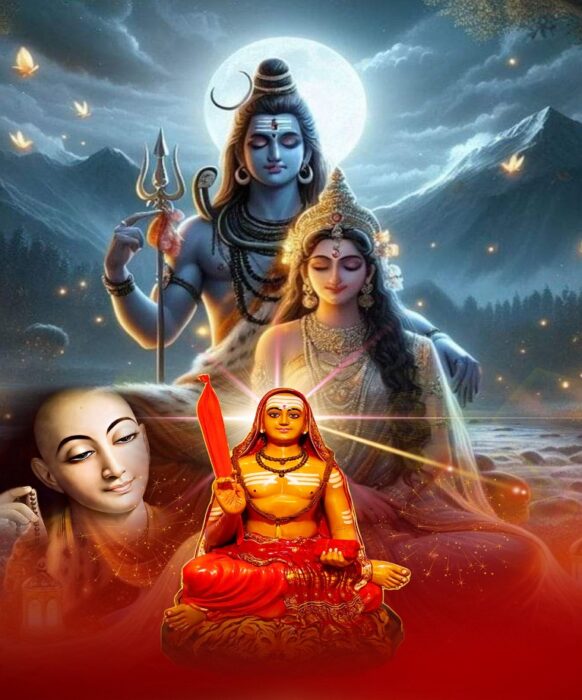This must be perhaps the best accolade at any point paid to Shankaracharya, the quintessential “paramarthachintakh”, who wished to look for a definitive facts behind the riddles of the universe. His virtuoso lay in building a total and unique philosophical structure upon the primary intelligence of the Upanishads. A skilled essayist, Pavan Varma, negotiator turned-lawmaker and writer of a few books remembering one for Lord Krishna, takes us through Shankara’s short however momentous range of life during which, from having been conceived in what is available day Kerala, he made unmatched commitments to Hindu religion that incorporated the whole nation. Hinduism has not seen a scholar of his bore and one with such tireless vitality, previously or since. Shankara’s genuine commitment was to separate out a thorough arrangement of theory that depended on the basic push of Upanishadic thought however without being compelled by its unstructured introduction and opposing meanderings. He was extraordinarily impacted by three fundamental writings of Hindu way of thinking: Upanishads, the Brahma Sutra and the Bhagavad Gita. He composed broad and authoritative discourses on every one of them. Obviously, the significance he provided for the Mother Goddess, as Shakti or Devi, can be followed to his own connection to his mom whom he left when he set off, at a youthful age, looking for a master and higher learning. Shankara composed songs in commendation of numerous gods however his own inclination was the love of the Mother Goddess. Despite seemingly insurmountable opposition, Shankara made foundations for the safeguarding and spread of Vedantic theory. He built up “mathas” with the particular point of making foundations that would create and extend the Advaita principle. He opposed both position separations and social imbalance, when huge areas of traditionalist Hindu feeling suspected something. Shankara was both the absolutist Vedantin, inflexible in his confidence in the non-double Brahman, and an incredible synthesizer, ready to acclimatize inside his hypothetical canvas a few key components of different schools of theory. He resuscitated and reestablished Hinduism both as a way of thinking and a religion that spoke to its devotees. Additionally Read: Hinduism: The Nine Basic Beliefs that you have to know Varma properly says that it probably required incredible fearlessness of conviction just as profound otherworldly and philosophical knowledge for Shankaracharya to expand on the experiences of the Upanishads a structure of thought, longer than a thousand years back, that saw the universe and our own lives inside it with a hyper vision that is by and large so incredibly supported by science today. The incongruity is that most driving researchers, especially outside India yet additionally inside, have little information on the structure of Shankara’s way of thinking and the straightforward interface it has with logical revelations today. Shankara composed psalms in recognition of numerous gods however his own inclination was the love of the Mother Goddess. The additional estimation of the book is that it has, in English, a lot of Shankara’s compositions. Tragically, most Hindus today are frequently generally ignorant about the astounding philosophical establishments of their religion. They are, the creator brings up, purposely picking the shell for the extraordinary fortune that exists in.

